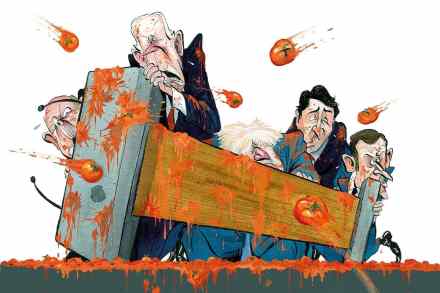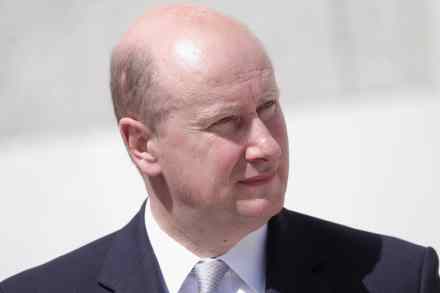The death of political authority
37 min listen
In this week’s episode:Why is there a lack of faith in western leaders? Spectator deputy editor Freddy Gray, Callum Williams from the Economist & Harvard professor Barbara Kellerman discuss why the world feel so leaderless. (00:44) Also this week:How do you escape the Church of Scientology? Spectator Columnist Mary Wakefield talks with former scientologist Claire Headley about her life inside the organisation and how hard it was to leave. (15:07) And finally:Should we all give boxing a go?Anil Bhoyrul & James Amos organiser of Boodles Boxing Ball on the strange world of White Collar Boxing. (27:40) Hosted by Lara Prendergast & William Moore Produced by Sam Holmes Subscribe to The Spectator today




















